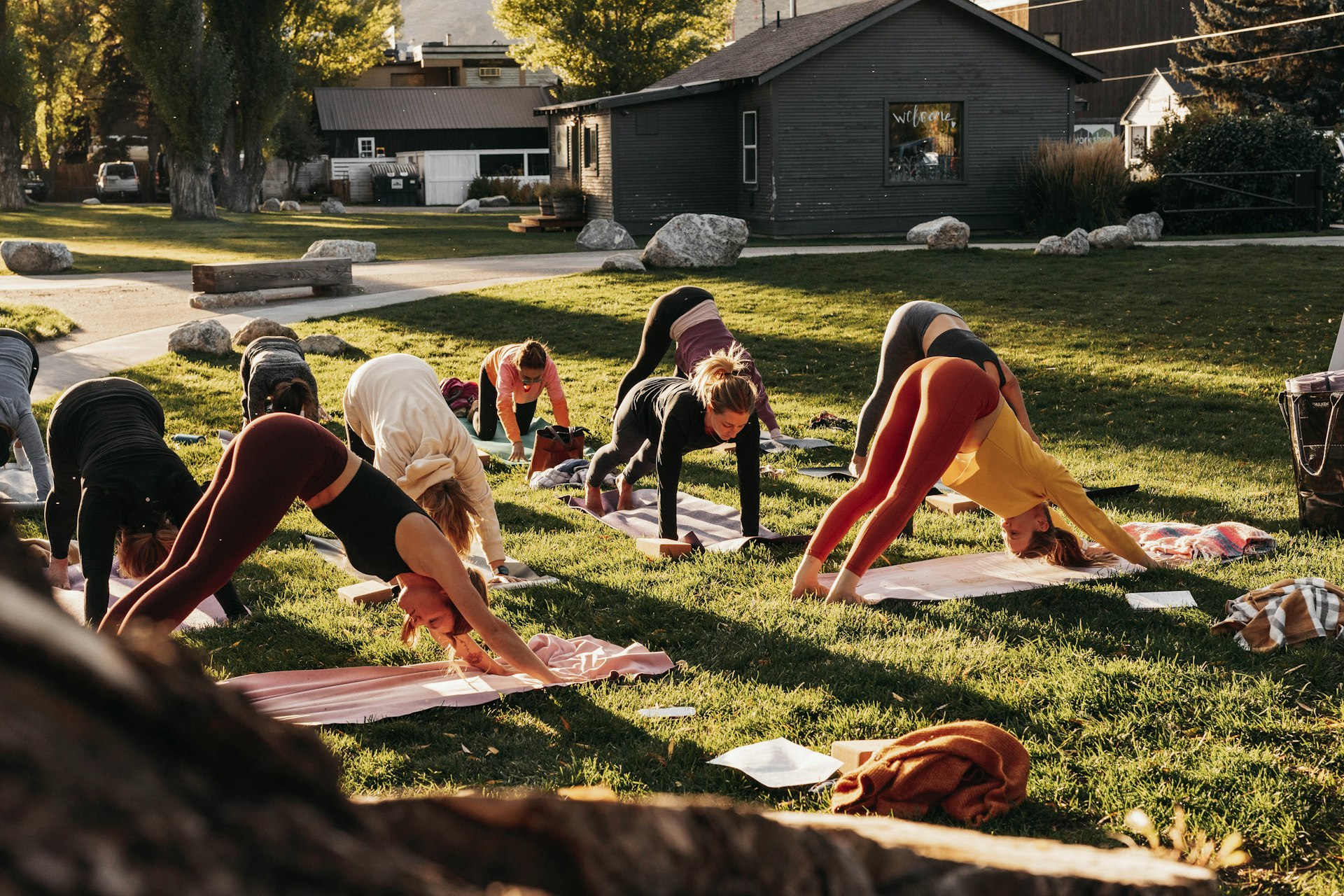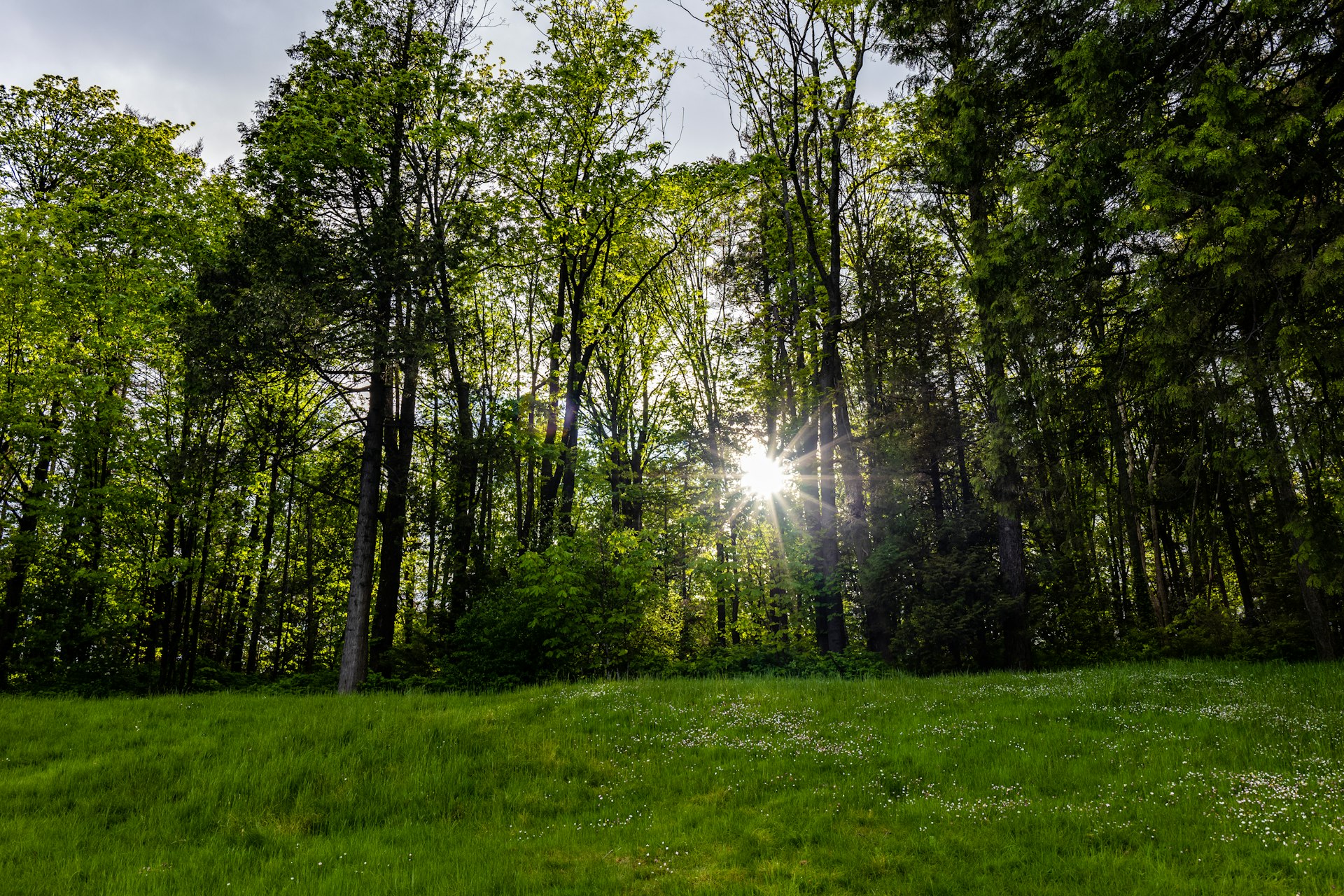Transforming Life with Voluntary Simplicity: The Modern Movement for Meaningful Living

Photo by Itadaki on Unsplash
Introduction: A New Path to Fulfillment
The voluntary simplicity lifestyle movement is gaining momentum as individuals and communities seek alternatives to the consumer-driven status quo. This approach, grounded in conscious decision-making and ethical living, encourages people to reduce material consumption and focus on what truly matters: relationships, personal growth, and sustainability. By intentionally choosing a simpler life, adherents often find greater satisfaction, increased well-being, and a deeper sense of purpose [1] .
What Is Voluntary Simplicity?
Voluntary simplicity, sometimes referred to as ‘simple living’ or ‘downshifting,’ is a conscious rejection of high-consumption lifestyles. Instead, it affirms a way of living that strives for outward simplicity and inward richness, prioritizing non-material values over material possessions. The core philosophy is that abundance is a state of mind, not a measure of accumulated goods [1] . The movement attracts people from diverse backgrounds who aim to minimize their dependence on institutions and maximize harmony with nature [4] .
Key Principles and Values
The movement rests on several foundational principles, including:
- Thoughtful Frugality: Practicing mindful spending and distinguishing between needs and wants.
- Minimalism: Valuing quality and functionality over quantity and luxury.
- Self-Sufficiency: Developing skills to meet basic needs with less reliance on external systems.
- Ecological Responsibility: Reducing environmental impact through conscious consumption and lifestyle choices.
- Community Engagement: Prioritizing relationships, local involvement, and social responsibility over personal gain [2] .
Advocates emphasize that voluntary simplicity is not about deprivation or regressing to a primitive existence. Instead, it is about making deliberate choices to live with less so that life becomes richer in meaning and experience [4] .
Benefits of the Voluntary Simplicity Lifestyle
People are drawn to this lifestyle for a variety of personal, social, and ecological reasons. Documented benefits include:
- Greater Personal Well-Being: Many report higher life satisfaction, reduced stress, and improved mental health by freeing themselves from the pressures of material accumulation [3] .
- Environmental Sustainability: Lower consumption leads to reduced resource use, less waste, and a smaller ecological footprint, contributing positively to the planet [1] .
- Financial Freedom: By cutting unnecessary expenses, individuals often achieve a higher degree of financial independence, flexibility, and security.
- Stronger Relationships: Emphasizing community and connection over possessions fosters deeper, more meaningful relationships.
Empirical studies have shown that participants in the voluntary simplicity movement experience enhanced well-being and ecological sustainability, with many viewing the lifestyle as a ‘quiet revolution’ transforming the meaning of success [3] .
How to Start Living Simply: Step-by-Step Guidance
Adopting voluntary simplicity can be a gradual process. Here is a practical roadmap for getting started:
- Clarify Your Values and Motivations: Reflect on why you want a simpler life. Is it for personal health, environmental reasons, financial flexibility, or something else? Write down your goals to keep them front of mind.
- Assess Your Current Lifestyle: Track your spending, possessions, and time commitments. Identify areas of excess or stress.
- Set Achievable Goals: Target small, manageable changes-such as decluttering one room, reducing one recurring expense, or dedicating a set time for relationships or hobbies.
- Reduce Material Consumption: Before making purchases, ask yourself if the item is necessary, if it aligns with your values, and if you could meet the need in a simpler way.
- Strengthen Community Ties: Engage in local activities, volunteer, or join groups that share your interests. Many people find support and inspiration by connecting with others on the same path.
- Practice Mindfulness and Gratitude: Make time for reflection, meditation, or journaling to appreciate what you have and recognize non-material sources of joy.
Challenges may arise, such as societal pressures to consume or misunderstandings from friends and family. Overcoming these obstacles often involves open communication and seeking out like-minded communities for support.
Real-World Examples and Case Studies
Across the globe, individuals and communities are putting voluntary simplicity into practice in diverse ways. For instance, some choose to downsize their living spaces, grow their own food, or adopt zero-waste lifestyles. Others participate in car-sharing, community-supported agriculture, or alternative economies like bartering and local currencies [2] . Empirical research involving thousands of participants worldwide has shown that these choices often lead to measurable improvements in well-being and environmental impact [5] .
Finding Resources and Support
While there is no central authority for the voluntary simplicity movement, a variety of organizations and online communities offer information and support. You can:
- Search for local “simplicity circles” or “simple living” meetups in your area.
- Consult books and writings by leading advocates such as Duane Elgin, David Shi, and Samuel Alexander.
- Visit reputable organizations like the Simplicity Collective or the Simplicity Institute for educational resources [1] .
If you wish to connect with others, try searching for “voluntary simplicity forums” or “minimalist lifestyle groups” online. Many social media platforms also host active communities sharing tips, experiences, and encouragement.
Alternative Approaches and Adaptability
Voluntary simplicity is not a one-size-fits-all solution. People adapt the principles according to their cultural, economic, and personal circumstances. For some, it may mean radically downshifting and embracing homesteading or tiny home living. For others, it could simply involve mindful consumption, digital minimalism, or prioritizing experiences over things. The key is to regularly re-evaluate one’s choices and align them with evolving values and life stages [4] .

Photo by Se. Tsuchiya on Unsplash
Potential Challenges and How to Overcome Them
Transitioning to a simpler life can bring challenges, such as societal expectations, initial discomfort from reducing luxuries, or resistance from friends and family. Addressing these obstacles involves:
- Open communication about your motivations and goals.
- Gradual changes rather than drastic shifts, allowing time for adjustment.
- Seeking support from others on similar paths, either locally or online.
- Reminding yourself of the long-term benefits and personal reasons for choosing this lifestyle.
Above all, voluntary simplicity is a process of ongoing learning and adaptation, not a destination.
Conclusion: Taking the First Step
The voluntary simplicity lifestyle movement invites you to redefine success, focus on what matters most, and live in greater harmony with yourself, others, and the planet. Whether you make small, incremental changes or embrace a major transformation, each step toward simplicity brings its own rewards. Consider starting today by reflecting on your values, seeking community, and exploring resources offering guidance and inspiration.
References
- [1] Simplicity Collective. What is Voluntary Simplicity? (2024). In-depth overview and principles.
- [2] Simplicity Institute. The Voluntary Simplicity Movement (2011). PDF, historical context and practical attributes.
- [3] Wiley Online Library. Voluntary Simplicity Movement – Alexander (2016). Academic overview and analysis.
- [4] Sloww. Voluntary Simplicity: Listening to the Quiet Revolution. (2021). Definitions and expert perspectives.
- [5] Samuel Alexander (2017). The Voluntary Simplicity Movement. Empirical analysis and survey results.
MORE FROM yourscholarshiptoday.com













